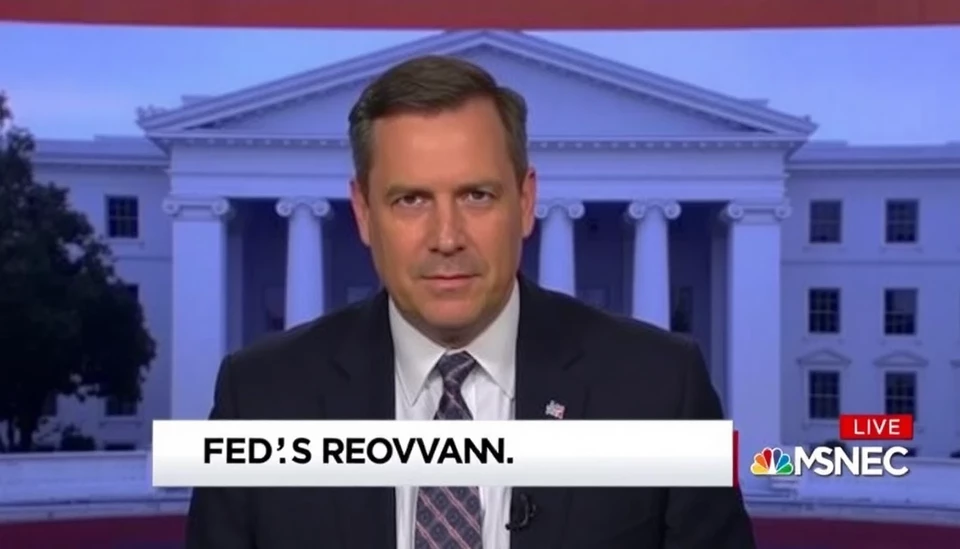
In a recent address, Federal Reserve Governor Michelle Bowman raised significant concerns regarding the current state of bank oversight in the United States, highlighting what she describes as a "troubling trend" of insufficient regulatory action. Her remarks come at a critical time when the financial landscape is undergoing substantial changes influenced by rising interest rates and increased economic uncertainty.
Bowman emphasized that while the banking system remains robust overall, there are emerging signs of complacency among regulators and financial institutions alike. She pointed out that recent events, including failures and bailouts within the banking sector, underscore the need for vigilant oversight. This period of perceived stability could lead to a dangerous sense of security that may encourage risky practices and inadequate compliance with regulations.
Part of her concern lies in the trend of banks seeking to optimize profits, which could push them to engage in aggressive lending strategies without adequately assessing risks. According to Bowman, the consequences of such behavior can be dire, pointing to the potential for heightened defaults and broader economic repercussions if regulatory oversights are not addressed immediately.
Bowman called for regulators to step up their efforts in monitoring bank activities and ensuring stringent compliance measures are in place. She argued that proactive supervision is essential, especially in an environment where stress tests may fail to capture the full extent of risks faced by financial institutions today. Furthermore, she suggested that the regulatory framework needs to adapt to account for new complexities introduced by technological advancements, such as fintech innovations that could pose novel challenges to traditional banking practices.
Throughout her address, Bowman reiterated the importance of institutional accountability and transparency in the banking sector. She urged bank executives and boards of directors to prioritize sound governance practices that align with the public interest and to recognize the potential fallout of neglecting regulatory expectations.
In conclusion, Bowman's comments signify a renewed commitment from the Federal Reserve to prioritize robust oversight mechanisms to safeguard the financial system. As the regulatory landscape evolves, it will be crucial for all stakeholders involved in the banking sector to engage in a collaborative approach aimed at minimizing risks and maintaining the stability of the financial markets.
In light of this critical discussion, many industry experts and stakeholders will undoubtedly be watching closely to see how these concerns translate into action from the Federal Reserve and other regulatory bodies in the coming months.
#BankOversight #FederalReserve #MichelleBowman #BankingRegulations #FinancialStability #EconomicTrends
Author: Rachel Greene

